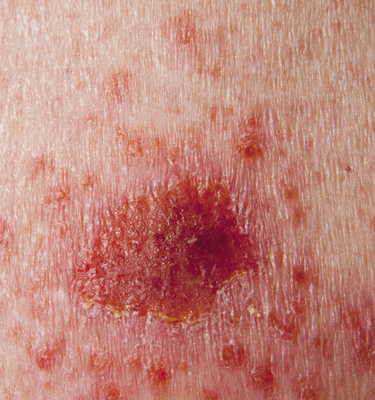
21 Mar Can Your Smartphone Detect Skin Cancer?
Skin Cancer Phone App
Would you trust a smartphone app to spot your melanoma? Apps do about everything fairly well, so why wouldn’t you?
The Journal of the American Medical Association Dermatology reports that 3 out of the 4 apps designed to detect melanoma fail miserably when put to the test. The three that failed were all based on automatic algorithms. The best score among of these types of apps misidentified a startling 30 percent of melanoma as benign lesions. One program found only 7 percent of confirmed images of melanoma to be rated as “suspicious.” The only app to score well sent the image to a board certified dermatologist who evaluated the image. (No, it was not me and I do not know this individual).

Someday programmers will get automated melanoma detection right. But it won’t be through photography.
Melanoma Detection
We all long for the day where a handheld device can screen you for disease, a la Dr. McCoy, Star Trek style. Sadly, like the promised flying cars, that day has not arrived. Someday the programmers will get automated melanoma detection right. But it won’t be through photography. Given the range of odd things people do to their skin and the many flavors we all come in, it will be impossible to do with current technology.
There are also many other skin cancers than melanoma, some even as deadly. So a complete system would need to successfully find these as well. I am not holding my breath in anticipation.
It is important to know that the estimated 13,000 medical apps available are not subject to any oversight or quality control. Most carry verbose legal disclaimers that claim they are for educational purposes only and “not meant to diagnosis any diseases or conditions.” There is some interest in regulating these apps, but I have little faith this will happen. Right now it is buyer beware.
Moles And Mole Mapping
Some academic centers keep advocating full body photography and “mole mapping” to detect changes that may signify concern. They have you sport a fig leaf of tissue paper over your genitals and then start snapping away digital images of you. This approach always seems a little creepy to me. While the doctor is acting in your best interest, who knows where digital information eventually ends up? It’s not just stored in your doctor’s office anymore. The electronic health record systems get backed up somewhere remotely or in “the cloud,” meaning your naked pictures are quite vulnerable. While this may be good for aspiring celebrities to have nude photos “leaked,” it probably doesn’t do anyone else any favors. Someday soon our health data will be centralized and that nude photo of you will be visible by your dentist, optometrist, psychiatrist and the legions of support staff employed across the medical profession.

I encourage patients to use that amazingly high resolution camera on their phone. Most are capable of capturing quite crisp images of moles.
I encourage patients to use that amazingly high resolution camera on their phone. Most are capable of capturing quite crisp images of moles. It’s a good idea to place a coin or even your finger next to the mole to gauge its size. Moles can undergo insidious changes over time. Easy is the cancer to spot that draws attention to itself by bleeding or rapidly enlarging. The indolent creeper grows so slowly you are not likely to notice. Having good baseline reference photos at the touch of a button 24/7 is a powerful tool to detect sinister growths.
The app UMSkincheck from the University of Michigan is a free app, easy to use, and can keep your mole photos well organized. It even sends you reminders to examine yourself. It does not analyze moles or prognosticate for you. Human judgment and intuition are still required.
Keep in mind that many melanomas arise not from pre-existing moles but from otherwise normal skin. Taking photos of entire body parts, within reason, is a good idea as well. A good photo of your back is probably the most important to get. Unless you can swivel your head around like an owl, you probably can’t really examine it thoroughly.
Since these pictures stay on your phone, you have control over how intimate and detailed you want your reference to be. Just make sure you don’t accidentally start texting them to people; especially if you are a politician.

